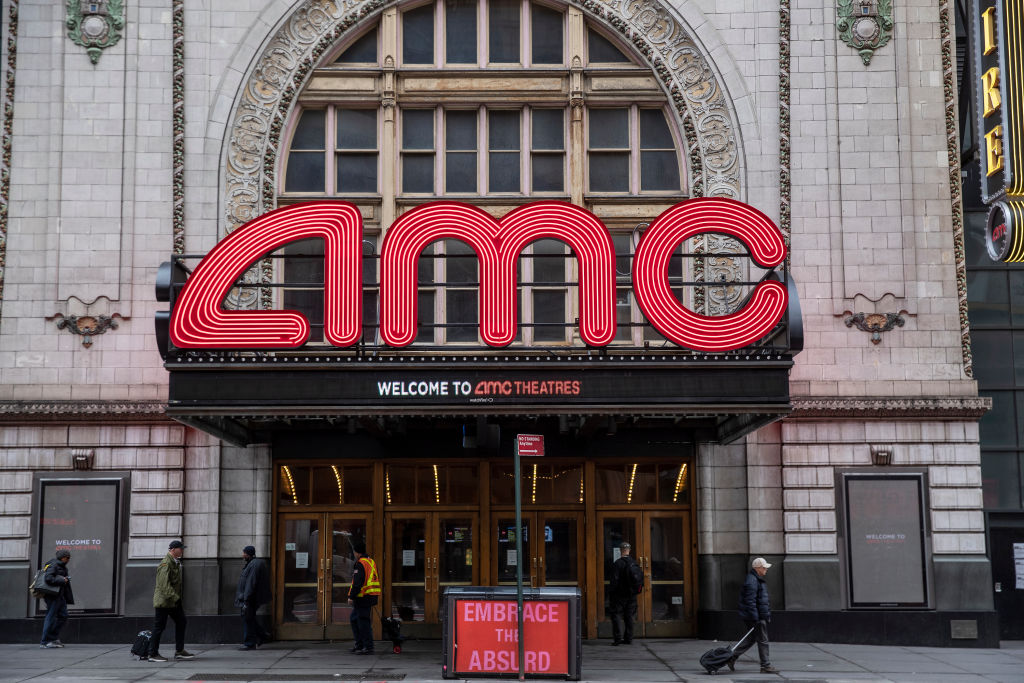AMC is ending its ban on Universal movies as part of a landmark agreement


A free daily email with the biggest news stories of the day – and the best features from TheWeek.com
You are now subscribed
Your newsletter sign-up was successful
AMC Theatres is backing down.
The theater chain, which earlier this year announced it would no longer show movies released by Universal Pictures, on Tuesday reached a major deal with the studio to end the standoff, according to The Hollywood Reporter and Variety.
AMC's problems with Universal stemmed from the studio's decision to release the animated movie Trolls World Tour at home in April rather than waiting for theaters that shuttered during the coronavirus pandemic to widely reopen. The head of NBCUniversal later touted the film's digital success and seemed to suggest the company might consider releasing movies both in theaters and at home simultaneously going forward. That set off AMC, as theaters have always relied on (and insisted upon) being the exclusive place to watch a new movie for about three months following its debut.
The Week
Escape your echo chamber. Get the facts behind the news, plus analysis from multiple perspectives.

Sign up for The Week's Free Newsletters
From our morning news briefing to a weekly Good News Newsletter, get the best of The Week delivered directly to your inbox.
From our morning news briefing to a weekly Good News Newsletter, get the best of The Week delivered directly to your inbox.
But under Tuesday's landmark deal, Universal is permitted to release its movies via premium video-on-demand a mere 17 days after they open in AMC's U.S. theaters. AMC would share the revenue from the film's digital release, writes the Reporter.
Going forward, then, moviegoers can watch certain new Universal films, potentially including blockbusters like Jurassic World: Dominion, without having to go out to the theater if they only wait an extra three weeks. The deal is "sure to send shockwaves throughout the exhibition industry," Variety wrote. If other studios strike similar agreements, it seems the coronavirus pandemic — and, improbably, a sequel to Trolls — may have just permanently changed the way we watch movies.
A free daily email with the biggest news stories of the day – and the best features from TheWeek.com
Brendan worked as a culture writer at The Week from 2018 to 2023, covering the entertainment industry, including film reviews, television recaps, awards season, the box office, major movie franchises and Hollywood gossip. He has written about film and television for outlets including Bloody Disgusting, Showbiz Cheat Sheet, Heavy and The Celebrity Cafe.
